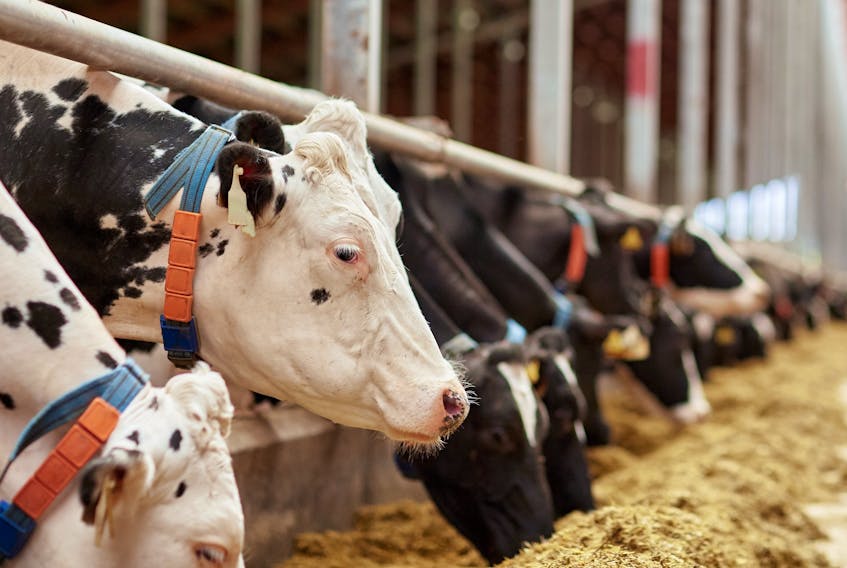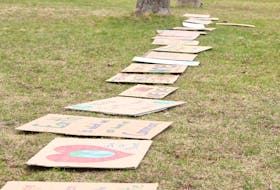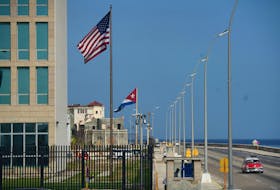The COVID-19 pandemic crisis is providing us with the opportunity to critically examine the sustainability of our choices. It has made visible many glaring cracks in our global supply systems, such as the apparent difficulty in accessing personal protective equipment to protect vulnerable front-line health workers. The pandemic is demonstrating how quickly our lives can be upended and seemingly out of our control. I think it is giving us a taste of what is in store with the crisis which will be wrought from climate change and our failure to rein in our over- consumptive lifestyles. We have bought in to the myth that bigger is better and allowed large corporations to hold the levers of influence and power within democratic governments both nationally and provincially.
Corporate control has been greatly enhanced through the free trade agenda which has made free and unrestricted access to markets and corporate rights its overriding goal. This amounts essentially to a “profit over people” free trade agenda. Our governments since the signing of NAFTA in the 1980s have gradually given away their powers to legislate in the public interest. With each new free trade agreement further inroads by the corporate sector are realized. One area in which this has become apparent within the agricultural sector is our unique Canadian Supply Management system.
Supply management has been operating successfully in Canada since the 1960s. It is essentially a balanced approach to supply and demand within a few perishable food sectors including dairy, chicken and eggs. Supply management ensures sufficient domestic supply of these products to meet demand. It provides a fair income for farmers and controls the amount of unfairly priced foreign imports sold in the Canadian market. It gives real market power to small-scale farmers in the face of the ever-increasing power of large, international agribusiness corporations. And it has not needed government bailouts and subsidies so common in the large dairy exporting countries such as the EU, New Zealand and the U.S.
Despite this success, supply management is continually under pressure from the free trade agenda. Canadian governments have repeatedly indicated their support for supply management but behind the closed doors of the trade negotiating table there is a persistent whittling down of control. Recent trade agreements such as CETA, TPP and the CUSMA all have contributed to the erosion of our dairy market by allowing increased imports of dairy products. It has left P.E.I.’s largest dairy processor, ADL, with a new level of uncertainty. While for the everyday consumer this may mean the saving of a few cents on a pound of cheese, the actual impact is far greater and deeper for dairy farmers, for local processors, for rural life, for sustainable agriculture and hence for all of us.
On P.E.I., the dairy industry consists of 265 dairy farms with herds on average of 50 cows. This is in contrast to much larger operations in the U.S., which at its largest, has herds in the neighbourhood of 30,000 cows. (It doesn’t take much imagination to figure out which herd the cow would prefer.) Dairy farms contribute to the rural economy and help sustain rural life. Dairy farmers also use less pesticides and help restore organic matter and nutrients to the soil. They are essential to a sustainable agricultural system.
As we recover from COVID-19, we have the opportunity to reexamine the choices we make to strengthen our self-reliance and food sovereignty. We can choose to transition away from industrial models to more sustainable and organic models of agriculture. We can choose to support Island producers. We can choose to support supply management, improve it and build on it for the farmers of today and tomorrow.
Lou Richard represents Maritimes-Guatemala Breaking the Silence Network on the P.E.I. Trade Justice coalition.









